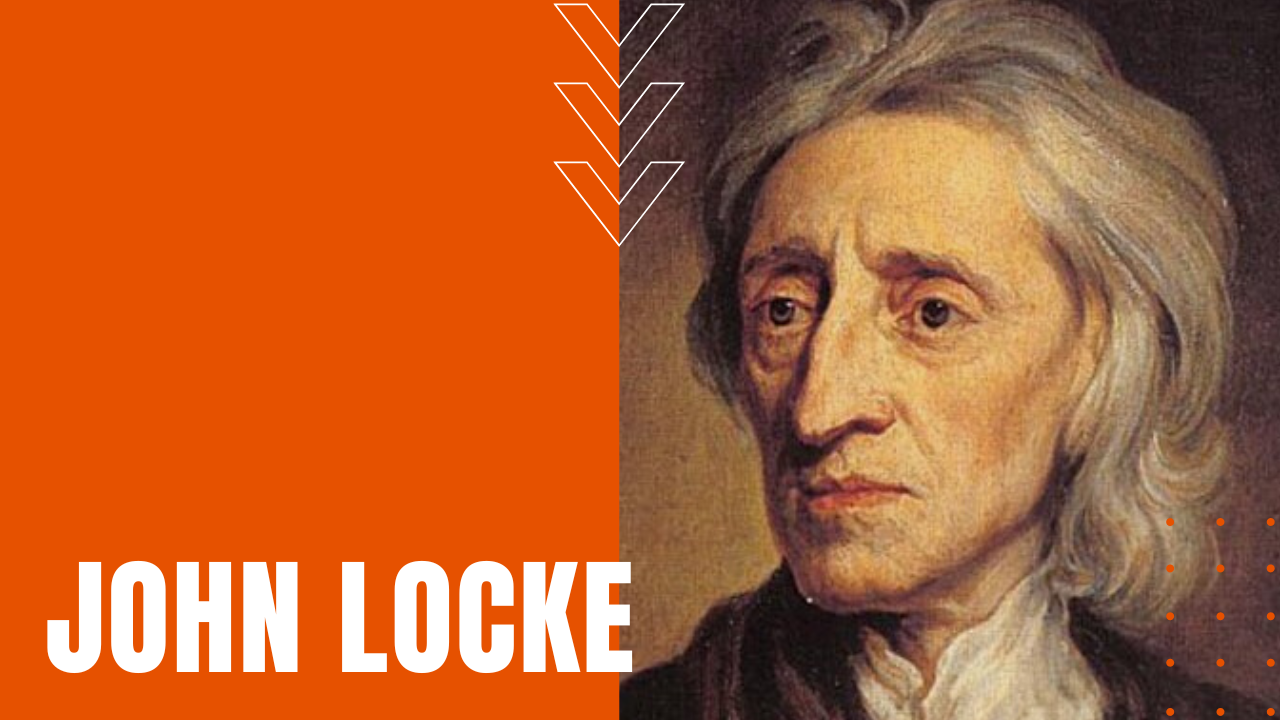John Locke: Enlightenment Thinker on Education, Government and More

Born in 1632 in Somerset England, John Locke’s father fought with the Parliamentarian loyalist during the English Civil War, using his wartime connections to get his son into the exclusive Westminster School of London, followed by the younger Locke’s fifteen years at Oxford University, first as a student and later as a lecturer, where he studied medicine alongside polymath scientists Robert Hooke and Robert Boyle.
Shaftesbury’s Patronage
In 1666, Locke met his future patron and parliamentarian Anthony Ashley Cooper—later titled the first Earl of Shaftesbury—cementing his two-decade-long patronage when he supervised a dangerous liver surgery on Shaftesbury that most certainly saved the Earl’s life.
When Shaftesbury led the 1679 exclusion campaign to bar Catholics from the line of royal succession, both Shaftesbury and later Locke were forced to flee England, until the Glorious Revolution of 1688 and 1689 installed Protestant William the 3rd to the throne.
Essays and Treatises of John Locke
After writing for years during his service to Shaftesbury, upon his return to England, Locke published his now-famous Essay Concerning Human Understanding, which proved to be a pivotal influence on Enlightenment thinkers, not to mention experimental scientists during the Scientific Revolution.
In 1690, Locke struck another major chord with the publication of Two Treatises of Government, where he rejected the divine right of kings by suggesting that a monarch could be removed by the consent of the governed—later quoted in near-verbatim in Thomas Jefferson’s 1776 Declaration of Independence.
Locke also outlined a definition of property directly related to a person’s labor instead of landed nobility, which would prove to be foundational gospel for Scottish economist Adam Smith’s understanding of capitalism and Karl Marx’s definitions of socialism.
In his 1693 publication of Thoughts Concerning Education, Locke pressed educators and legislators alike for a broader syllabus of study and better treatment of students, which proved to be an enormous influence on Jean-Jacques Rousseau’s 1762 novel entitled Emile. From 1689 to 1692, Locke published three Letters Concerning Toleration, where he encouraged government leaders to respect a man’s freedom of religion, unless those beliefs threatened public safety and order, such as Atheists, whose oaths were untrustworthy, and Catholics, who owed their allegiance not to God but to external rulers.
Final Years and Death
Locke spent his final years in Essex at the home of Sir Francis Masham and his philosopher wife, Lady Damaris Cudworth Masham—a once love interest of Locke’s—passing away on October 28th, 1704, while Lady Damaris read to him from the Book of Psalms, making the life and writings of John Locke, an important game changer in human governance and beyond.
